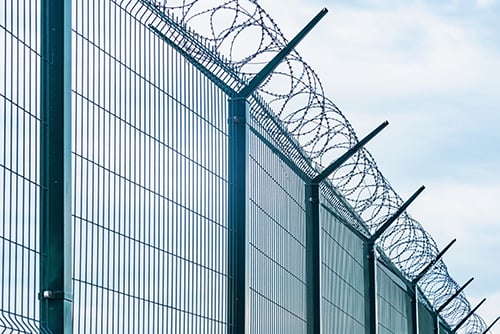
From both a human rights and global commerce perspective, forced labor is a serious and pervasive issue, impacting millions of people and compromising global supply chains. Defined by U.S. Customs and Border Protection (CBP) as “all work or service which is exacted from any person under the menace of any penalty for its non-performance and for which the worker does not offer himself voluntarily,” forced labor is insidious, impacting the manufacturing and production of a vast range of goods — spanning everything from electronics, apparel and industrial materials to pharmaceuticals, base metals and agricultural products.
As awareness of the issue grows, governments around the world are taking action to stop the flow of goods made with involuntary labor and, ultimately, eradicate forced labor practices from the supply chain. Germany’s Act on Corporate Due Diligence Obligations in Supply Chains (aka the Supply Chain Act) came into effect on January 1, 2023, obliging German companies and foreign companies with German operations to put systems and controls in place to identify whether their suppliers are involved in human rights abuses.
Similarly, the recent EU Corporate Sustainability Reporting Directive (CSRD) shines a light on human rights violations, requiring businesses operating in the EU market to report and disclose information regarding their adverse human rights and environmental impact “with respect to their own operations, the operations of their subsidiaries, and the value chain operations carried out by entities with which the company has a business relationship.”
In the U.S., multiple government departments are working together to enact new forced labor regulations. In support of its commitment to “ending the abhorrent practice of forced labor around the globe,” the U.S. Department of Homeland Security (DHS) implemented the Uyghur Forced Labor Prevention Act (UFLPA) to prevent the oppression and exploitation of Uyghurs and other Muslim-majority communities in the Xinjiang Uyghur Autonomous Region of China.
The UFLPA, signed by the Biden administration in December 2021 and brought into effect in June 2022, prohibits importation of goods into the U.S. manufactured wholly, or in part, with forced labor in the People’s Republic of China, with a targeted focus on goods from the Xinjiang region.


